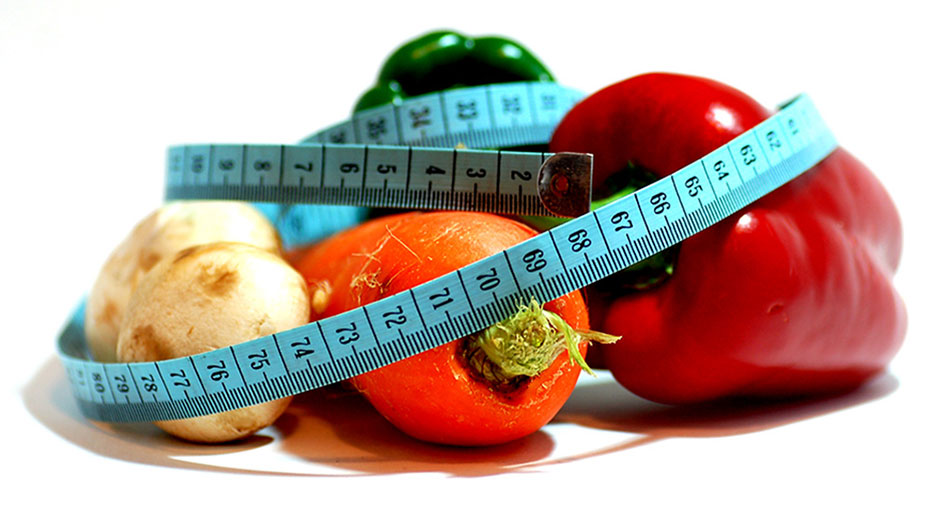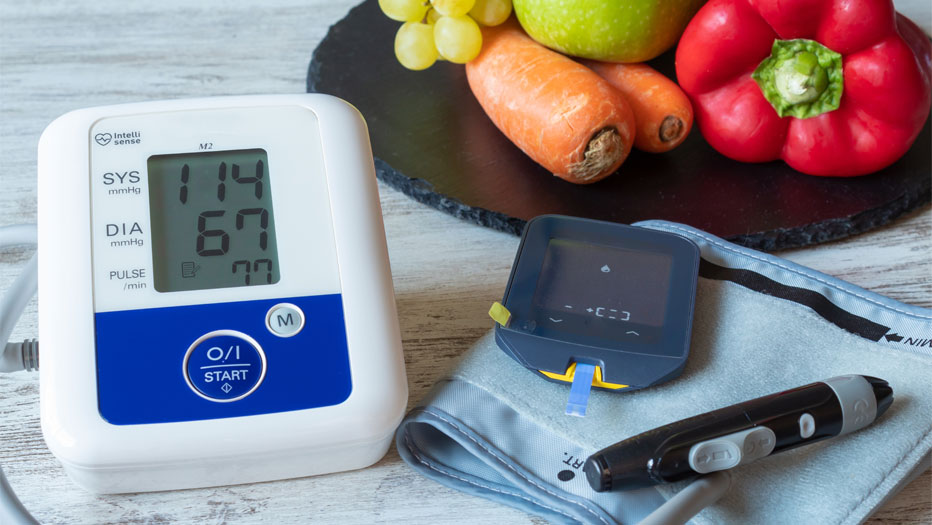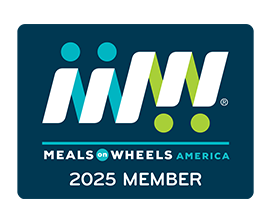
What’s the Best Diet?
Anita Frankhauser, MS, RDN, LDN
What do you think of when you hear the word “diet”?
For many, this four-letter word brings up feelings of angst, rigidity, and stress. It conjures memories of eating bland foods or spending lots of money on weight-loss books, foods, and clinics. It means no sugar, fat, salt, or fun. All for what? You may lose some weight, but you also lose time, money, and happiness in the process, then regain the weight or not meet your goals.
But what if I told you that “diet” doesn’t have to be negative? What if “diet” is neutral and could even be positive?
The primary definition of diet is what you eat and drink regularly. These everyday choices could be helpful or harmful, depending on your goals. Ultimately, you choose how you fuel your body every day.
Some may eat most of their meals from restaurants while others cook most. Some are allergic to peanuts, while others have no dairy products. Some may have kidney disease, so their doctor and dietitian have recommended specific foods to keep them healthy. And some choose to try diets they see on the news or the internet.
Information about fad diets or diets promoted by the fitness industry, influencers, bloggers, or whoever is popular in the media is dizzying. Throughout the years, we’ve seen various diets come and go. In the 1960s, WeightWatchers was born, and the Grapefruit Diet and Slimfast came in the 1970s. Later, there was the Cabbage Soup diet, Jenny Craig, and low-fat, blood-type diets in the ’80s and ’90s. In the last 20 years, we’ve seen the Subway Diet, Atkins, juicing, South Beach, Raw Food, Paleo, and Keto diets. With all of these diets, are we any closer to determining the best diet?
Researchers have tried to answer this question by studying the diet habits of various people across the world, which have brought us the Mediterranean Diet, Anti-inflammatory Diet, Asian Diet, and French Diet.
So, which one is the best to follow? For starters, it’s best to be cautious of anyone giving diet advice and selling a product. The key to finding the best diet for you lies in three questions.
- Can you follow this diet daily for the rest of your life?
- Does it have a variety of foods?
- Does it meet your health goals?
Can you follow this diet for the rest of your life?
If your diet is so restrictive that you cannot follow that way of eating for the rest of your life, it is time to reevaluate it. Your diet should incorporate foods you enjoy eating. Period. Yes, this means you should be comfortable eating what you may consider “treat” foods, like sweets, comfort foods, fried foods, and convenience foods, in addition to minimally processed foods.
Does your diet incorporate a variety of foods?
We can learn a lot from the research on diet. While we may not live on the Mediterranean Sea or in Asia, the common theme amongst all of the diets in research is that they all have a variety of whole, minimally processed foods. Why is variety essential? Each type of food has different nutrients (carbohydrates, protein, fat, antioxidants, phytochemicals, vitamins, and minerals) that our body needs to function optimally. You may miss vital nutrients when cutting whole foods or food groups. In other words, you get the “bang for your buck” when you eat various foods.
Does it meet your health goals?
We all have personal and prescribed health goals related to weight, blood sugar, sports, and disease management or prevention. So, make sure to choose foods that align with these goals. That may mean you need to prioritize protein foods because you’re losing weight or need to gain muscle. You may need to be mindful of your starchy foods or carbohydrates because you have diabetes.
There is no one “best diet.” The best diet for you is one that you can enjoy, isn’t too restrictive, and makes you feel good and be your best self. Changing your eating lifestyle can be challenging, so seek help from a registered dietitian nutritionist. Call Neighborly today at 727-573-9444 to get started.





















